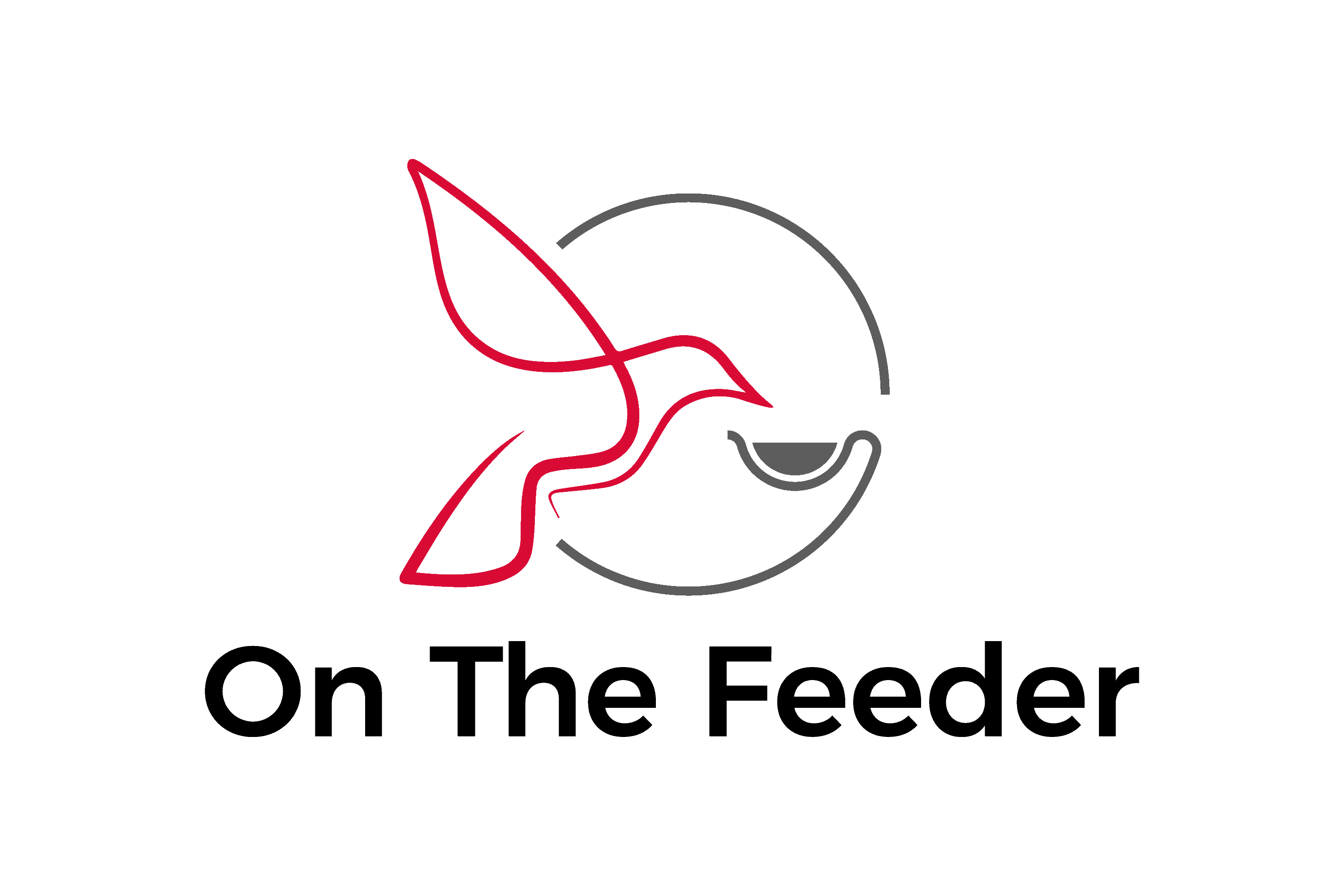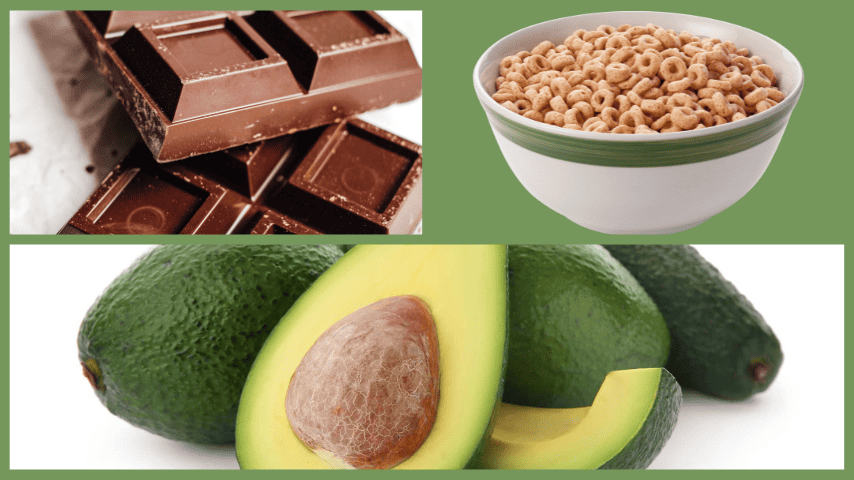Knowing what NOT to feed wild birds may be more important than knowing what you CAN feed them.
Feeding wild birds in our backyards is a fun and rewarding experience. But did you know that not all foods are good for them? Just like we need to eat the right things to stay healthy, birds do too.
This guide will help you understand which foods are safe and which ones might harm our feathered friends. Let’s make sure we’re giving them the best treats we can!
10 Highly Toxic Foods You Should NEVER Feed the Birds
These foods can be extremely harmful to wild birds, even deadly, and should be avoided:
- Chocolate: Contains the chemical theobromine, which is poisonous to birds.
- Avocado: All parts are harmful due to a chemical called persin.
- Honey: Not a sweet deal for hummingbirds; it can weigh them down and bring disease.
- Desiccated/Dehydrated Coconut: Can expand inside a bird and cause distress.
- Alliums: Things like onions and garlic can be toxic in large doses.
- Cooking Fats: They’re messy for bird feathers and might contain too much salt.
- Spoiled Foods: Moldy seeds or old nectar can lead to sickness.
- Food Coloring: Red dyes are particularly suspicious.
- Raw Dried Beans: They’re toxic to our feathered friends.
- Salt: Too much can be very unhealthy.
8 Unhealthy Foods You Should NOT Feed the Birds
The following 8 foods are not toxic to birds but they’re not healthy options either. So, avoid them if you can:
- Potato Chips: Salty and not nutritious.
- Chewing Gum: Could cause choking.
- Bread: Lacks nutrition; moldy bread is a no-go.
- Dairy: Birds can’t digest it well.
- Raw Meat: It can spoil rapidly and attract unwanted pests.
- Mushrooms: While some are safe, others aren’t, so it is best to avoid them.
- Fruit seeds/pits: Some have chemicals harmful in large doses.
- Alcohol: Even a bit can be bad for birds.
Foods You Can Feed The Birds – But Only in Moderation
These foods are okay but should be given in limited amounts because they don’t contain the nutrition birds need to be healthy.
- Cereal: Stick to healthy types without much sugar.
- Rice/Pasta: Plain and unsalted is best.
- Pet Food: Ensure it’s in small chunks or softened.
- Unsalted, Cooked Meat: A decent protein source in moderation.
Wild Bird Favorites: Safe & Healthy Food Options
These are typically safe foods and loved by many birds:
- Unsalted nuts or seeds: Birds adore these!
- Fresh fruit (without seeds): A delicious treat.
- Jelly and Jam: Some birds, like the Catbird, can’t get enough.
- Grains like milo, millet, and oats: A wholesome choice.
- Garden treats like peas & corn: A fresh option they’ll enjoy.
Why Food Choices Matter
Feeding wild birds isn’t just a pastime; it’s a commitment. The wrong foods can harm or even kill them. By offering meals, you’re telling them your space is safe. So it’s essential to get it right!
Conclusion
Caring for our feathered friends is more than just scattering food and hoping for the best. It’s about understanding their needs, knowing what can nourish them, and being aware of what might harm them.
As we take on the role of their caregivers from our backyards, let’s commit to making informed choices. So the next time you’re about to feed the birds, take a moment to consider: is this the best choice for them? Your care can make all the difference.


